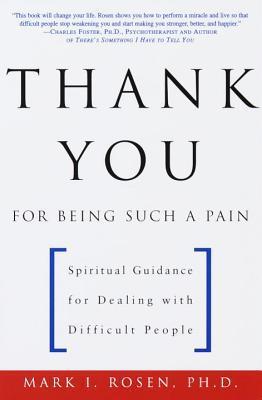
Time to Tell 'Em Off! A Pocket Guide to Overcoming Peer Ridicule
Book Description
When the whispers of peer ridicule echo, standing tall becomes an act of rebellion. "Time to Tell 'Em Off!" exposes the raw truth about social pressure, equipping those who feel outnumbered with actionable strategies to reclaim their voice. Deanna Miller weaves powerful anecdotes and essential tactics into a pocket-sized guide that transforms vulnerability into strength. With each turn of the page, discover how to outsmart the relentless critics and ignite a wave of confidence. What if the power to silence negativity lies within your grasp, just waiting to be unleashed?
Quick Book Summary
"Time to Tell 'Em Off!" by Deanna Miller is an empowering self-help guide for anyone struggling under the weight of peer ridicule. Through relatable stories and practical advice, Miller reveals how social pressure can undermine confidence—but also how it's possible to fight back. The book breaks down the psychological roots of ridicule, teaching readers to recognize and resist harmful dynamics. Miller presents actionable tactics that transform vulnerability into strength, equipping readers with tools to respond assertively, build self-confidence, and protect emotional well-being. Compact but impactful, this pocket guide offers reassurance that the power to silence negativity is within reach, inspiring readers to reclaim their voice and foster genuine self-respect in the face of criticism.
Summary of Key Ideas
Table of Contents
Understanding Peer Ridicule and Its Impact
Miller opens the guide by examining what peer ridicule truly is: a pervasive form of social pressure that undermines self-esteem and creates a sense of isolation. Using real-life anecdotes, she demonstrates how ridicule is often more about the insecurities of the critics than the character of the person targeted. By fostering awareness, Miller empowers readers to see beyond the surface of negative comments and recognize patterns of behavior in their social environment.
Building Emotional Resilience
The book moves into practical strategies for emotional resilience. Miller emphasizes the importance of self-awareness and emotional regulation, outlining exercises for identifying triggers and managing initial reactions to ridicule. Readers learn how to distinguish constructive criticism from hurtful remarks, and how to develop positive self-talk that counters internalized negativity. The core premise: inner confidence acts as a shield, making it easier to withstand external negativity.
Assertive Communication and Setting Boundaries
Next, Miller focuses on assertive communication and boundary setting. She provides scripts and real-world scenarios to demonstrate how to respond to ridicule firmly but respectfully. The goal is not aggressive confrontation, but clear self-advocacy. Miller discusses the power of saying "no," expressing feelings honestly, and disengaging from toxic interactions—all without compromising personal values or resorting to hostility.
Transforming Vulnerability into Personal Strength
Miller delves into the hidden strengths that can be found within vulnerability. By reframing shame and perceived weakness, she encourages readers to see their unique qualities as assets rather than liabilities. Through reflection exercises and examples, Miller illustrates how embracing vulnerability can fuel personal development, foster authentic connections, and ultimately transform critics’ taunts into sources of motivation and wisdom.
Cultivating Supportive Environments
The final section highlights the importance of cultivating supportive environments. Miller coaches readers on identifying allies and building networks of encouragement, whether among friends, family, or new communities. She stresses that self-confidence flourishes in positive spaces, and offers advice for both seeking and offering support. The book closes with a call to action: reclaim your voice, trust in your inherent worth, and face down ridicule with calm courage and unwavering self-respect.
Download This Summary
Get a free PDF of this summary instantly — no email required.





